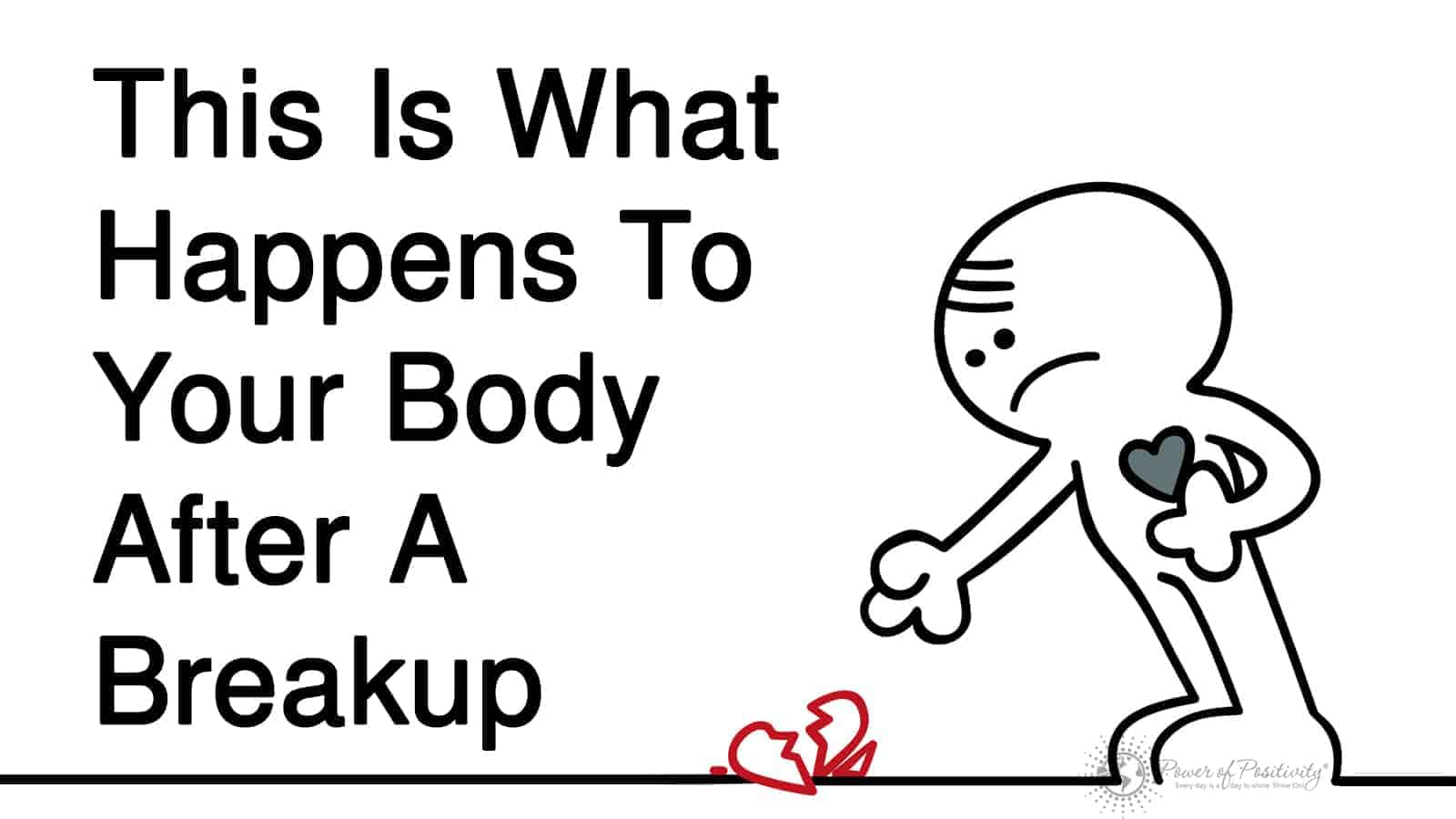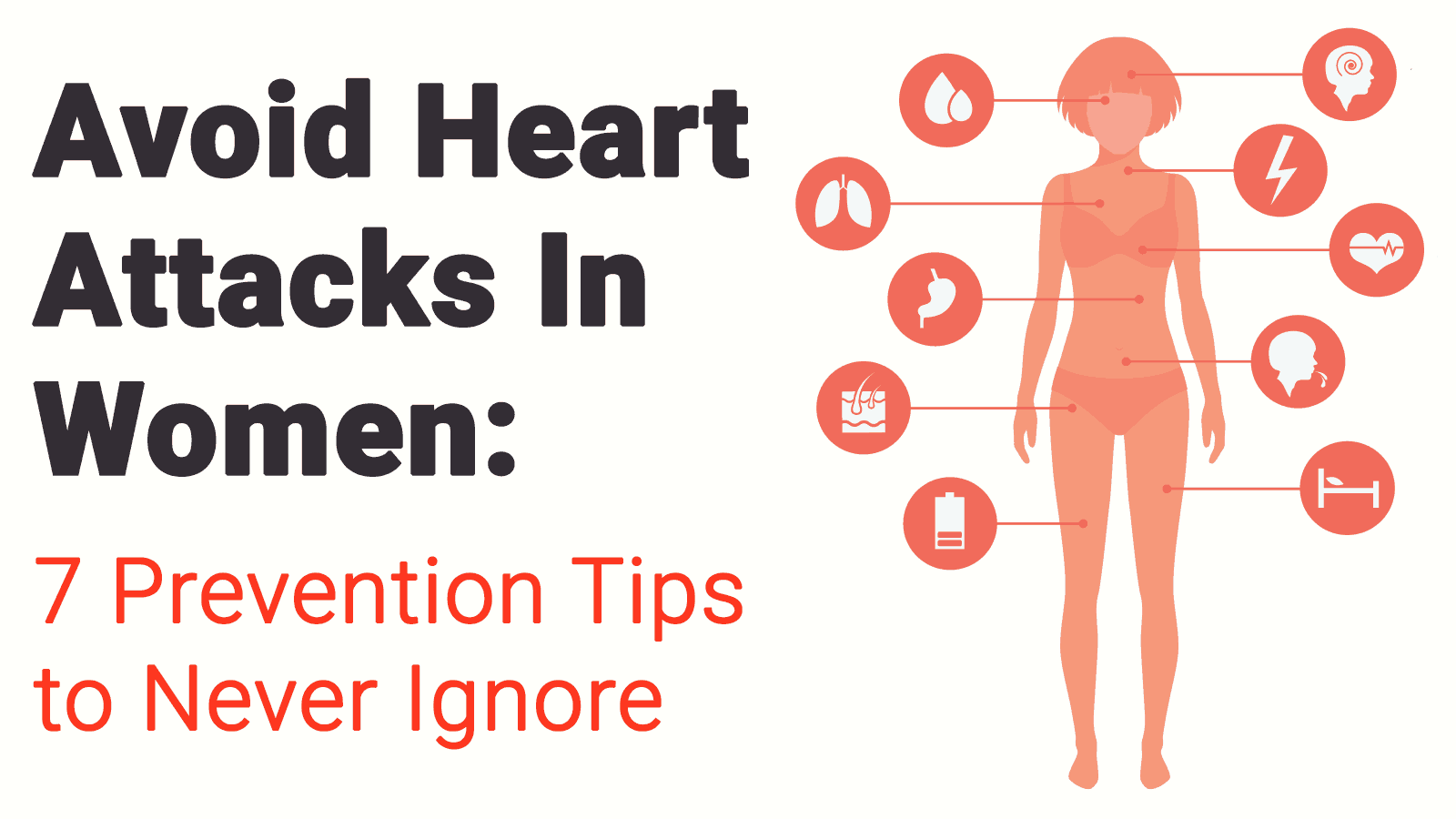For your body and mind, the breakup of a romantic relationship is very stressful. You feel the hurt deeply and you may feel like you will never be able to love again, but those are just the emotional symptoms of a breakup.
Very few people would consider a breakup to be a positive experience unless they are ones who did the leaving. In fact, a breakup has very negative effects for your overall health. In this article, we will review the 10 things that happen to your body after your partner breaks your heart.
10 Things That Happen To Your Body After A Breakup
1. You are more likely to self-medicate to cope with the dopamine withdrawal
You are going through withdrawal from the neurotransmitters that make you feel happy. Dopamine, oxytocin and serotonin levels are all higher when you are in love. When you go through a breakup, your body feels more physical pain than before due to decreased oxytocin levels.
2. Your weight changes
Gaining or losing weight is common for those going through a breakup. Binge eating releases dopamine, which can make you feel better. When you stop binge eating, the level of dopamine drops, causing you to want to get more by eating more.
Other people who are going through a breakup find that they have lost their appetite completely. The body’s response to rejection is similar to experiencing an illness that makes you want to stay in bed all day.
3. You lose sleep
Insomnia is more likely following a breakup. Your thoughts are fixated on the cause of the breakup, revisiting the past happy moments from the relationship, and planning for how to win your partner back. No wonder you can’t sleep.
4. Your facial muscles subtly convey regret
Researchers know that you feel unhappy, even if your words and facial expressions are showing a happy front. Scientists who studied the facial muscles of those who were going though a breakup found that they could detect negative emotions with a device that measures the electrical activity of tiny muscles that are undetectable to the human eye.
When subjects had thoughts about their ex, they had greater activity in the facial muscles around the eye and eyebrow. These small muscle movements were related to how the subjects truly felt about their exes and reflected suppressed emotions.
We ‘recover’ our sense of self as compared to our ex-partner after a breakup. They further found that holding on to feelings of love for an ex led to lower self-concept recovery. Lower self-concept recovery also was found to predict poor psychological health.
5. You forget who you were
When you experience a breakup, your mind has to resolve the changes in your self-concept. Having identified with, and shared many personality traits with your partner, you are left wondering who you really are without the other person.
6. Your sex drive declines
Although you might think that a quick hookup would be the cure for your broken heart, due to your emotional pain, your sex drive is temporarily on hold. You won’t feel much like seeking out your next romantic partner, which is good because you need to heal your heart first.
Related article: 5 Signs You’re In A Relationship With Your Soulmate
7. Your life is at risk
Sadness and grieving over a breakup is normal, but longer term depressed mood can be a sign of clinical depression. Those who suffer from depression can have thoughts of suicide, engage in planning around how to commit suicide, or actually kill themselves. Take your mental health seriously and seek counseling after a breakup if needed.
8. Rejection stimulates your brain’s reward center
Even though after a breakup you have less dopamine, the feel-good hormone that stimulates your brain’s pleasure center, your brain still activates the reward center. Researchers in the Journal of Neurophysiology found that the brain’s ‘mesolimbic reward/survival systems are involved in romantic passion regardless of whether one is happily or unhappily in love.’
9. You experience chest pain similar to a heart attack
Stress cardiomyopathy is a type of chest pain that is associated with heartbreak. Abnormal heart contractions have been reported in the middle and upper portions of the heart. Heart rhythms resembled those of people who were undergoing severe stress.
10. Your stress hormone levels increase
After a breakup, the emotional stress accumulates in your body and is reflected in higher levels of the stress hormone cortisol. Cortisol causes your heart rate to increase, you breathe faster and your blood pressure is higher. These are very negative health effects, for example a higher risk of heart attack, and can lead to a shorter life span if they occur over a long term.



















